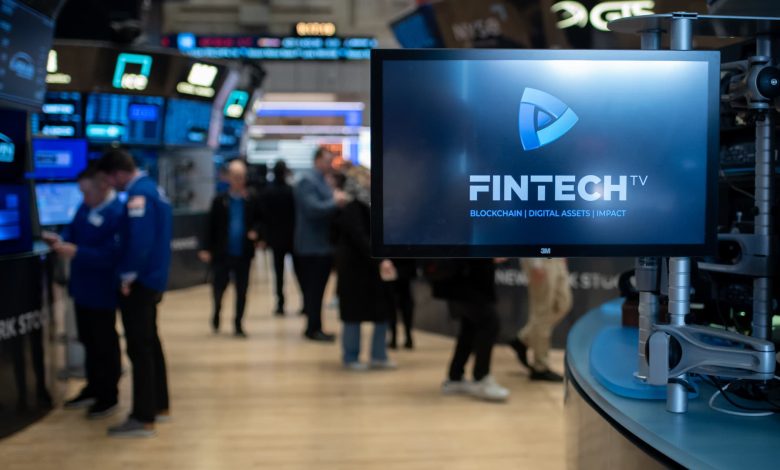Affirm, PayPal, fintechs plunge on concerns Trump tariffs hit consumer

The global market rout on Thursday, sparked by President Donald Trump’s announcement of widespread tariffs, had an outsized effect on fintech companies and credit card issuers that are closely tied to consumer spending and credit.
Affirm, which offers buy now, pay later purchasing options, plunged 19%, while stock trading app Robinhood slid 10% and payments company PayPal fell 8%. American Express and Capital One each tumbled 10%, and Discover was down more than 8%.
President Trump on Wednesday laid out the U.S. “reciprocal tariff” rates that more than 180 countries and territories, including European Union members, will face under his sweeping new trade policy. Trump said his plan will set a 10% baseline tariff across the board, but that number is much higher for some countries.
The announcement sent stocks reeling, wiping out nearly $2 trillion in value from the S&P 500, and pushing the tech-heavy Nasdaq down 6%, its worst day since the start of the Covid-19 pandemic in 2020.
The sell-off was especially notable for companies most exposed to consumer spending and global supply chains, including payment providers and lenders. Fintech companies that rely on transaction volume or installment-based lending could see both revenue and credit performance deteriorate.
“When you go down the spectrum, that’s when you have more cyclical risk, more exposure to tariffs,” said Sanjay Sakhrani, an analyst at Keefe, Bruyette & Woods, citing PayPal and Affirm as businesses at risk. He said bigger companies in the space “are more defensive” and better positioned.
Visa, Mastercard and Fiserv held up better on Thursday.
Dan Dolev, an analyst at Mizuho, said bank processors such as Fiserv are less exposed to tariff volatility.
“It’s considered a safe haven,” he said.
Affirm executives have previously said rising prices might increase demand for their products. Chief Financial Officer Rob O’Hare said higher prices could push more consumers toward buy now, pay later services.
“If tariffs result in higher prices for consumers, we’re there to help,” O’Hare said at a Stocktwits fireside chat last month. Affirm CEO Max Levchin has offered similar comments.
However, James Friedman, an analyst at SIG, told CNBC that delinquencies become a concern. He compared Affirm to private-label store cards, and pointed to historical trends in credit performance during downturns, noting that “private label delinquency rates run roughly double” in a recession when compared to traditional credit cards.
“You have to look at who’s overexposed to discretionary,” he said.
Affirm did not provide a comment but pointed to recent remarks from its executives.



